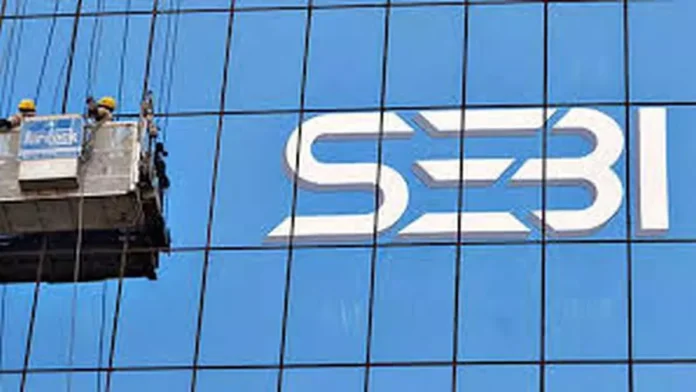Securities and Exchange Board of India (SEBI) has disposed of proceedings against the National Stock Exchange (NSE) and its employees in the alleged co-location case. The case relates to the alleged preferential access given to certain broking firms in the form of ‘dark fibre’ at the National Stock Exchange (NSE) to connect across the colocation facilities before other members.
In an order released on September 13, SEBI said NSE did not have a detailed defined policy for the use of colo facility and failed to monitor the use of the secondary server by trading members without having sufficient reason. However, this on its own could not help in deciding the issue of collusion of OPG and its directors with the eight notices, that include that include former Vice Chairman Ravi Narain and former MD-CEO Chitra Ramkrishna.
“That OPG was logging on to the secondary server till May 2015, even after the warning in the first half of June 2012 does indicate indirect consent by NSE to OPG. However, the fact that 93 trading members were logging to the secondary server during this period reduces the probability of collusion,” said the order.
The order added that in spite of multiple reports of Deloitte, EY and the SEBI External Committee where external experts have examined email dumps, communication record for a reasonable period of time, no direct or indirect evidences of collusion have been reported.
There was no evidence to suggest violation of PFUTP or SECC Regulations by NSE and its employees. Given the absence of sufficient material facts in this case, the test of ‘preponderance of probability’ fails to justify any establishment of collusion between OPG and its directors with notices.
OPG Securities
The regulator has directed OPG Securities and three others including promoter Sanjay Gupta to disgorge ₹85.25 crore, jointly and severally along with interest at the rate of 12 per cent per annum, calculated from May 22, 2015, till the date of payment.
Gupta has been barred from accessing and dealing in the securities market for six months. This is in addition to the debarment of five years as per a 2019 order. His securities will remain frozen during this period.
